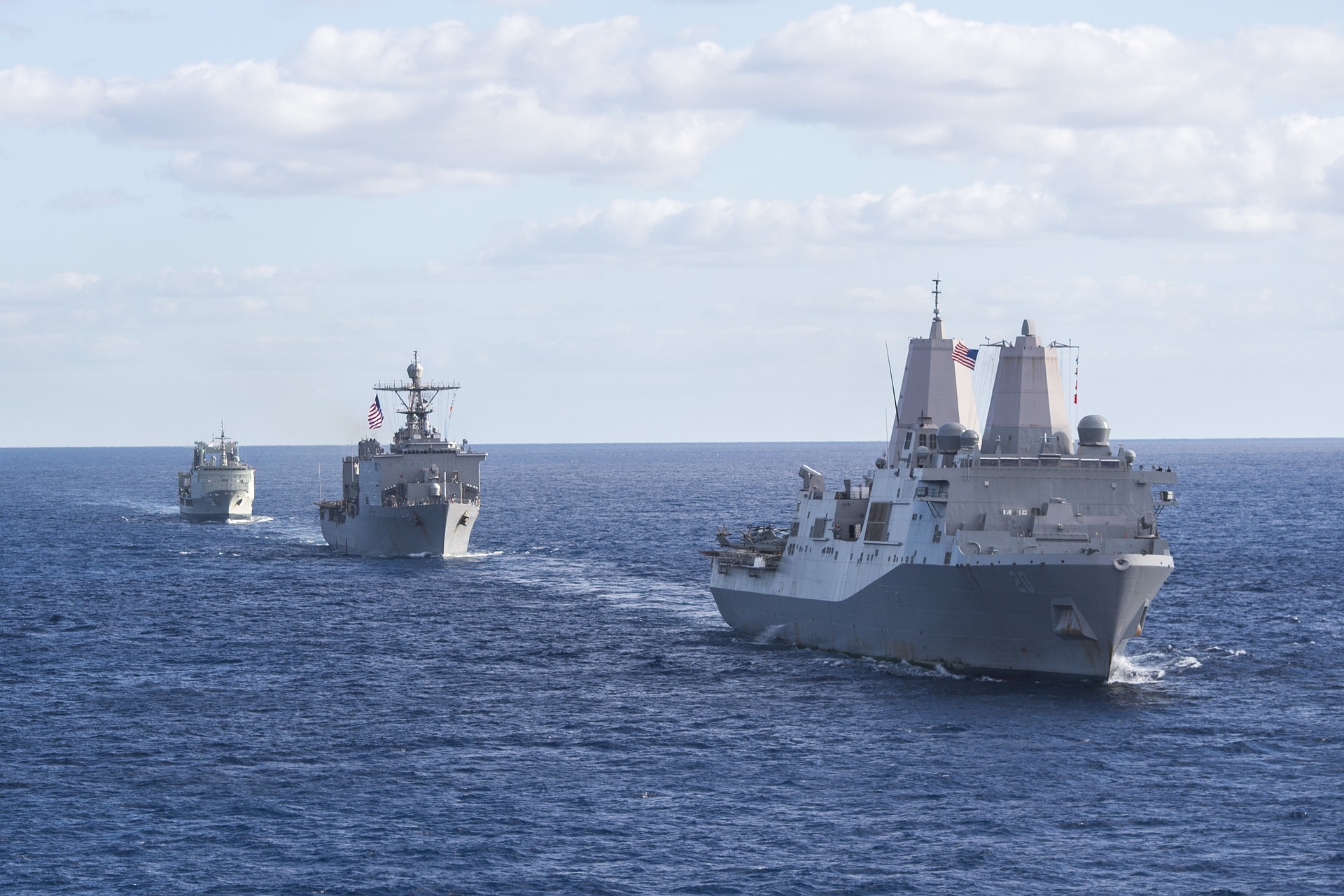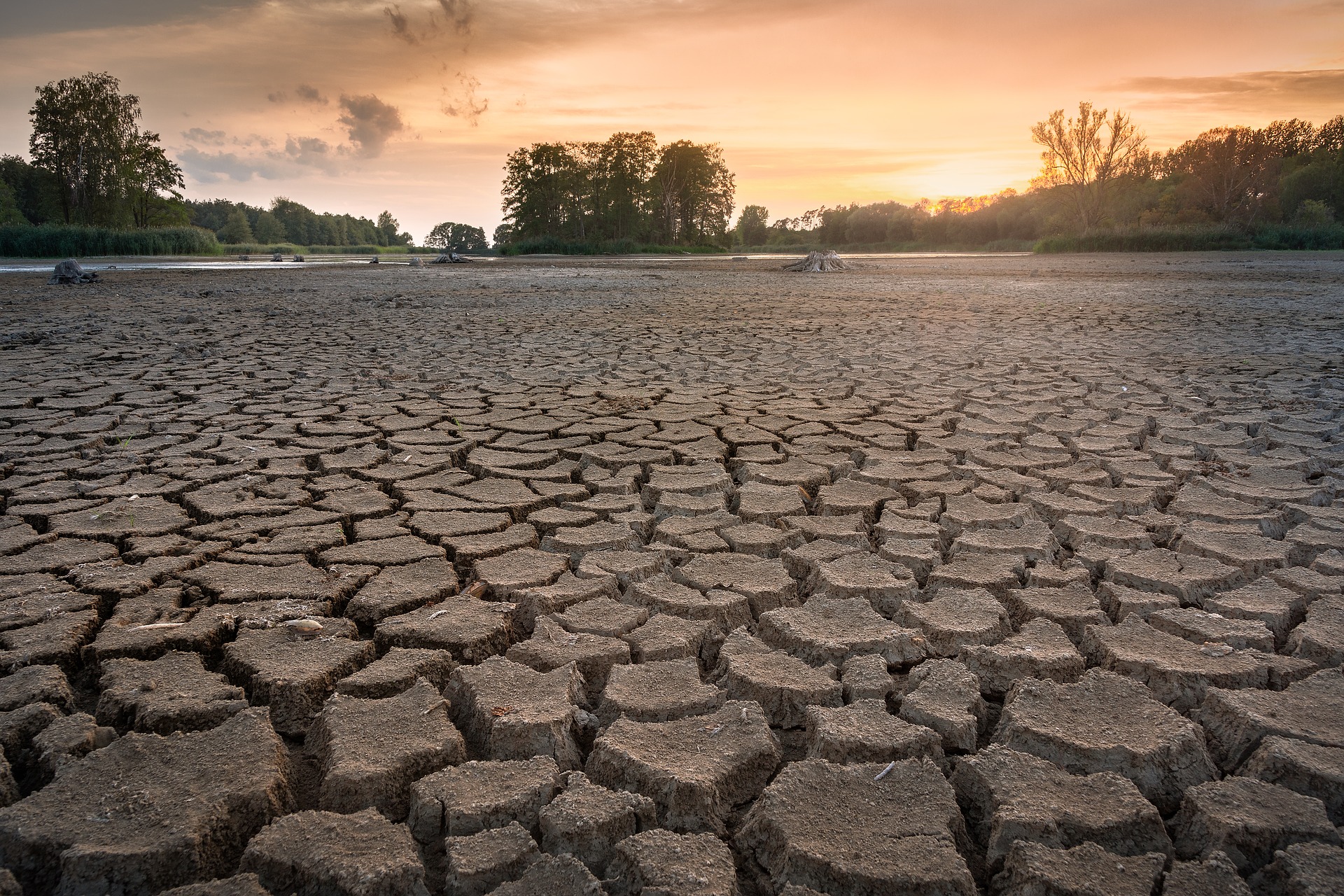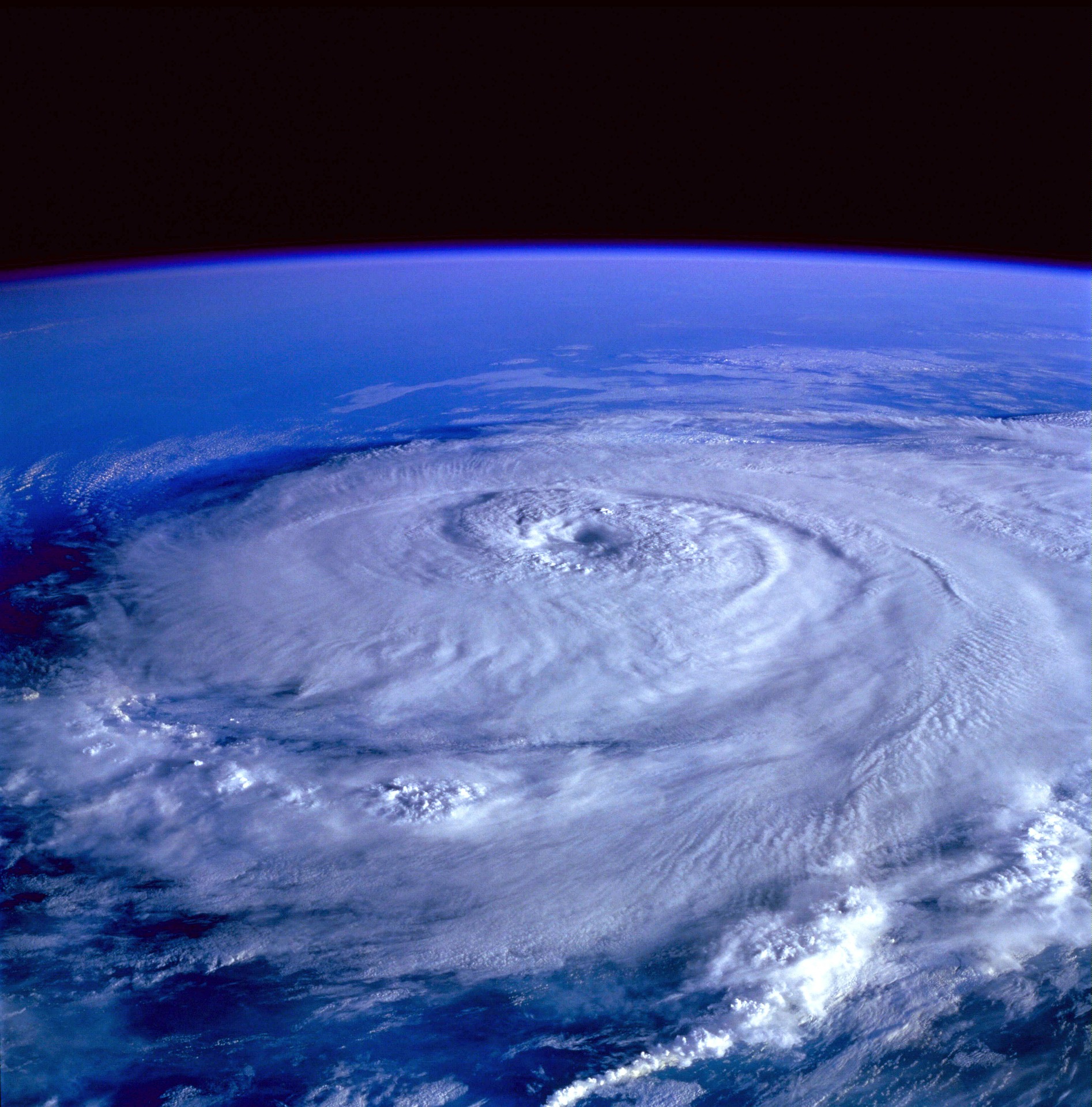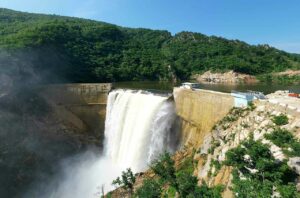Featured News
 Somali Pirates Attack Fishing Vessels
Somali Pirates Attack Fishing Vessels
Last month, two distant water fishing vessels were attacked in the western Indian Ocean by Somali pirates operating out of a hijacked Yemeni dhow mothership. The pirates approached and fired upon a South Korean tuna fishing vessel, but were thwarted by the vessel’s on-board private security team, as well as by the arrival of a Spanish fishing vessel coming to the assistance of its Korean counterpart. Responding EU naval vessels of the anti-piracy Operation Atalante were then able to locate and board the dhow mothership, rescuing its hostage crew and arresting the pirates. The attacks mark the first piracy event off the coast of Somalia since the fall of 2018 and serve as a reminder of the lingering insecurity in the Western Indian Ocean. Piracy in the region has declined overall following a peak of activity in 2009-2011 due to an international naval presence and the use of security tactics like private armed contractors, but an uptick in attacks has occurred since 2017. Many of the underlying drivers of maritime piracy, such as unemployment and the marginalization of local fishermen by distant water fishing fleets have yet to be satisfactorily addressed, meaning that while the volume of pirate attacks may have shrunk, the underlying drivers are far from being eradicated.
 Food Security Concerns Rise over Drought in Southwestern Africa
Food Security Concerns Rise over Drought in Southwestern Africa
Severe drought has deepened across Angola and Namibia this year as another inadequate rainy season recently ended, leading both national governments to take steps to prepare for a potential food security crisis. UNICEF estimates the drought has now put over 2 million people in Angola and 500,000 in Namibia at risk of malnutrition and starvation due to reduced crop yields, with children the group most threatened by the food shortage. Both governments have declared states of emergency and have disbursed funds to help affected communities, while making appeals for water and food relief from the international community. While both Angola and Namibia are naturally arid, the current drought has grown out of successive years of lower than average rainfall – making this the most severe drought seen in the region in a quarter of a century. Drought can place tremendous pressure on less developed states that may lack the adequate means to ensure the food security of their population for a long term or indefinite period of time.
Cyclone Fani Impact Softened by Disaster Preparation
On May 2, Cyclone Fani – the strongest storm seen in the northern Indian Ocean in over 6 years – made landfall in the northeastern Indian state of Odisha, twenty years after a storm of similar size caused vast destruction and over 10,000 deaths in the same region. However in Fani’s case, the level of destruction, displacement, and death toll were notably much lower, with fewer than 100 fatalities recorded in affected areas. This outcome has been attributed to the state’s disaster preparations and improvements to storm infrastructure. Along with an early warning system utilizing text messages, calls, and volunteers, over 1 million people in Odisha were evacuated quickly by authorities from coastal and low lying areas as the cyclone approached, and many were moved into a network of well stocked shelters that had been built following the destructive 1999 cyclone. The Indian Ocean has experienced an active and strong cyclone season so far this year, with storms Idai and Kenneth devastating southeastern Africa in March and April. Climate change and rising ocean temperatures help generate more powerful and deadlier tropical storms but the success of Odisha in avoiding the worst consequences of Fani speaks volumes to the importance of thoughtful and well executed strategies to build national disaster resilience that can then mitigate such disasters.
In Case You Missed It
Stimson Studies Coastal Vulnerabilities in Caribbean
Sally Yozell and the Environmental Security team are travelling to Kingston, Jamaica and Castries, St Lucia this month to meet with stakeholders and conduct research for Stimson’s Climate, Ocean Risk, and Resiliency Project. This project assesses the level of social and economic vulnerability in target locations to the impacts of climate change and ocean risks, such as illegal or foreign fishing, culminating in a Climate and Ocean Risk Vulnerability Index. Read more about the project here.
Chile Makes National VMS Data Public
Chile’s National Fisheries and Aquaculture Service has signed an agreement to make their national vessel tracking data public through Global Fishing Watch. The world’s eighth largest fishing nation, Chile has a national fleet of 700 vessels whose activity will soon be viewable by anyone on GFW’s digital mapping platform. Making VMS data transparent encourages good behavior from fishing vessels, and can also help identify illegal or suspicious activity more easily. Chile follows Indonesia, Peru, Panama, Costa Rica, and Namibia in agreeing to publicize VMS data with GFW.
Landmark Climate Change Case Brought to UN
In the first case of its kind, a group of indigenous Australians residing in low lying islands in the country’s northern Torres Strait have filed a claim at the UN against their government arguing its inaction on climate change has violated their human rights. The case outcome may potentially act as a precedent over how those most affected by climate change’s effects – who are almost invariably found in poorer and less developed communities – can seek redress.
Foreign IUU Fishing Persists in Colombian Marine Reserve
Malpelo Island, a Colombian marine reserve in the eastern Pacific, has struggled with frequent illegal fishing taking place within its boundaries by vessels from nearby Ecuador and Panama, as well as distant water fleets from China. Colombian and Ecuadorian authorities have observed hundreds of vessels along the border of the Malpelo reserve in 2019 alone, but lack the capacity and resources to pursue many of those that encroach on the reserve.
Indonesia Renews Practice of Sinking Illegal Fishing Vessels
This month, the Indonesian Maritime Affairs and Fisheries Ministry revived the policy to scuttle foreign fishing vessels detained over illegal fishing violations, sinking dozens of such vessels at sites across the archipelagic nation in recent weeks. The decision to resume the practice, which had been first introduced in 2014 before being indefinitely suspended in 2018, followed a confrontation earlier this month which saw a Vietnamese coast guard vessel ram its Indonesian counterpart as it attempted to detain a Vietnamese fishing vessel for illegal encroachment into Indonesian territory.




